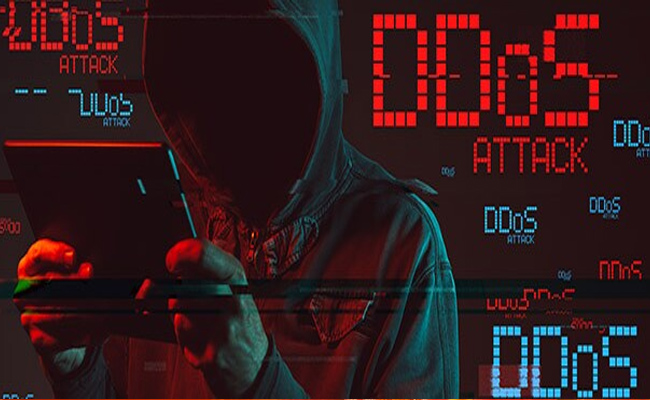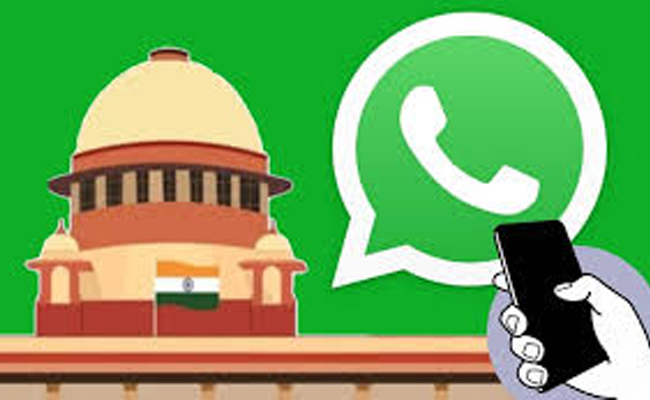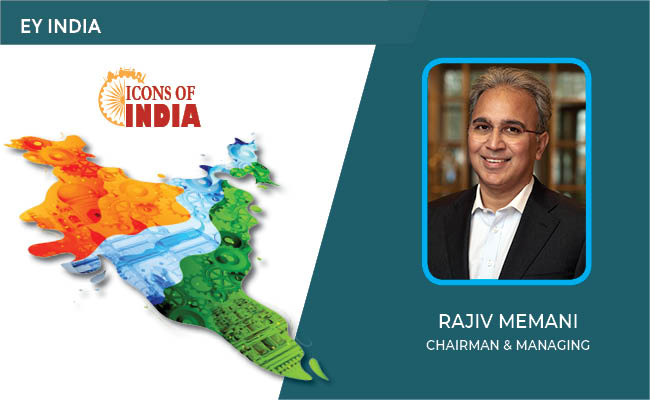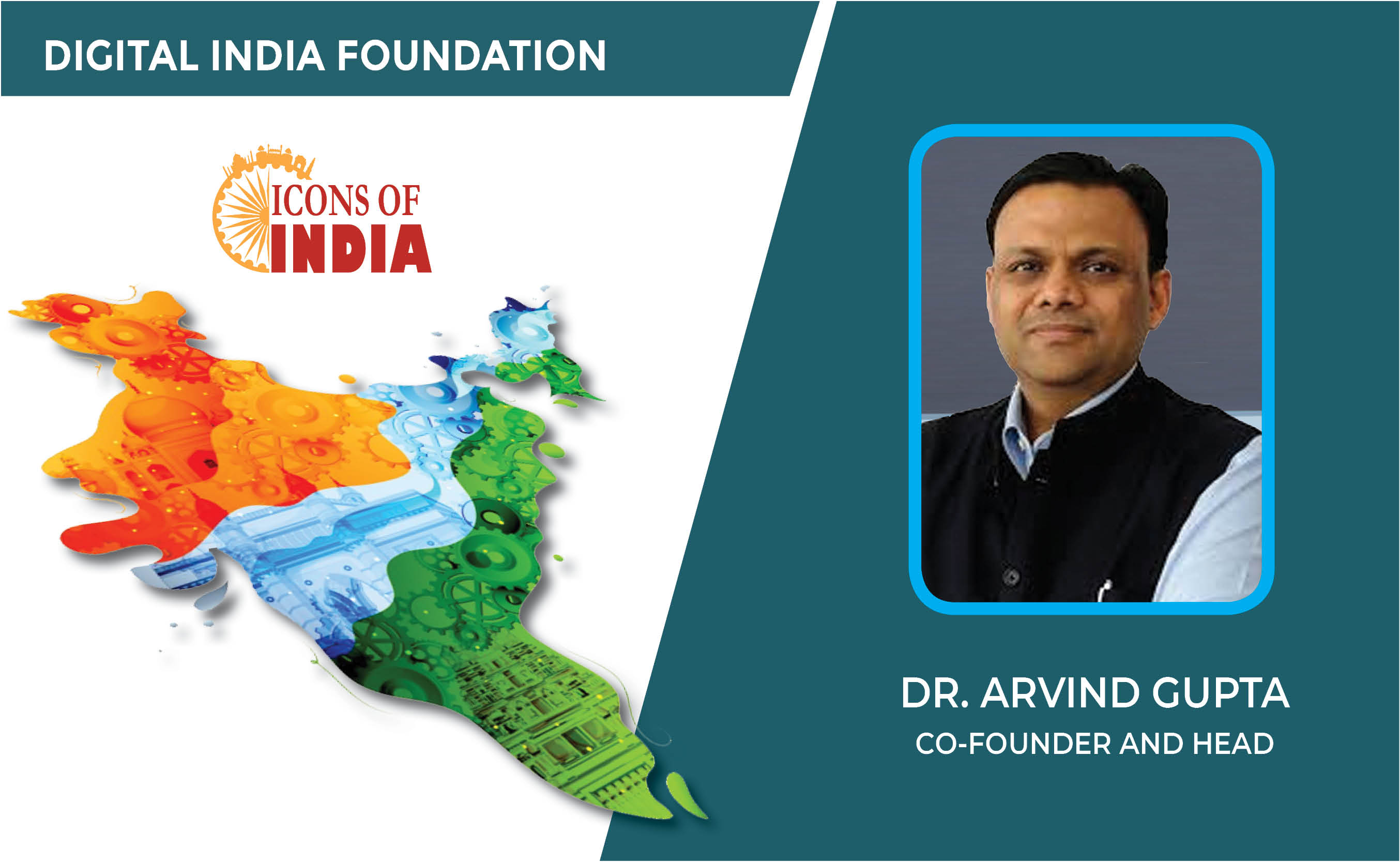Karnataka's Kaveri 2.0 Portal Disruptions Alert Authorities
By MYBRANDBOOK

Following the Kaveri 2.0 attack in Karnataka, authorities detected 6.2 lakh malicious requests in just two hours, prompting a cybercrime investigation and stricter security measures.
The Kaveri 2.0 Portal, a crucial digital platform for property registration and related services in Karnataka, has faced significant disruptions, causing inconvenience to users and prompting authorities to take urgent action. Several citizens have reported Kaveri 2.0 Portal problems, including system crashes, transaction failures, and slow processing times, which have severely impacted the efficiency of property transactions across the state.
The Kaveri 2.0 system alert was triggered after numerous users experienced login failures and technical glitches, preventing them from accessing critical property-related services. The disruptions have affected the smooth execution of land registrations, document verification, and other legal processes, creating a backlog of pending transactions.
Real estate stakeholders, legal professionals, and general users have expressed concerns over the repeated Kaveri 2.0 user issues, urging the state government to resolve the situation promptly. The portal is an essential part of Karnataka’s digital governance, and any prolonged downtime could lead to financial losses and administrative bottlenecks.
Following widespread complaints, Karnataka’s IT and Revenue Departments have stepped in to address the Kaveri 2.0 Portal alert. Officials have acknowledged the technical glitches and assured users that their IT teams are working on urgent fixes. The government has also advised citizens to report Kaveri 2.0 Portal issues through official grievance channels to track and resolve problems efficiently.
Authorities suspect a Distributed Denial of Service (DDoS) attack, which may have overwhelmed the system with malicious traffic. Unlike traditional cyberattacks that originate from a single source, DDoS attacks utilize multiple compromised devices—often forming a botnet—to send overwhelming traffic to the target, disrupting its functionality. Following the Kaveri 2.0 attack in Karnataka, authorities detected 6.2 lakh malicious requests in just two hours, prompting a cybercrime investigation and stricter security measures.
As Karnataka pushes for greater digital transformation in governance, ensuring the stability and reliability of platforms like Kaveri 2.0 remains a top priority. Authorities have promised to enhance the system’s capacity, improve server efficiency, and introduce measures to prevent future disruptions. Meanwhile, affected users are advised to stay updated on official notifications and alternative service channels.


Google brings ‘Circle to Search’ feature to iPhones with r
Google has also indicated that in the coming months, a new Lens icon ...

Paytm Launches India’s First Solar Soundbox for Merchants
In a groundbreaking move, Paytm has unveiled India’s First Solar Soundb...

Raymond hit by cyber-attack, internal IT teams and authorities
Leading textile and apparel conglomerate, Raymond Limited has confirmed a...

Supreme Court bans use of WhatsApp and other electronic modes
The Supreme Court of India has notified that notices under Section 41A of...


ICONS OF INDIA : RAMESH NATRAJAN
Ramesh Natarajan, CEO of Redington Limited, on overcoming ‘technolog...

ICONS OF INDIA : RAJIV MEMANI
As Chair of the EY Global Emerging Markets Committee, Rajiv connects e...

Icons Of India : Dr. Arvind Gupta
Arvind Gupta is the Head and Co-Founder of the Digital India Foundatio...


GSTN - Goods and Services Tax Network
GSTN provides shared IT infrastructure and service to both central and...

ECIL - Electronics Corporation of India Limited
ECIL is distinguished by its diverse technological capabilities and it...

ITI - ITI Limited
ITI Limited is a leading provider of telecommunications equipment, sol...


Indian Tech Talent Excelling The Tech World - Lal Karsanbhai, President & CEO, Emerson
Lal Karsanbhai, President and CEO of Emerson, assumed the leadership i...

Indian Tech Talent Excelling The Tech World - Rajiv Ramaswami, President & CEO, Nutanix Technologies
Rajiv Ramaswami, President and CEO of Nutanix, brings over 30 years of...

Indian Tech Talent Excelling The Tech World - Aman Bhutani, CEO, GoDaddy
Aman Bhutani, the self-taught techie and CEO of GoDaddy, oversees a co...
 of images belongs to the respective copyright holders
of images belongs to the respective copyright holders